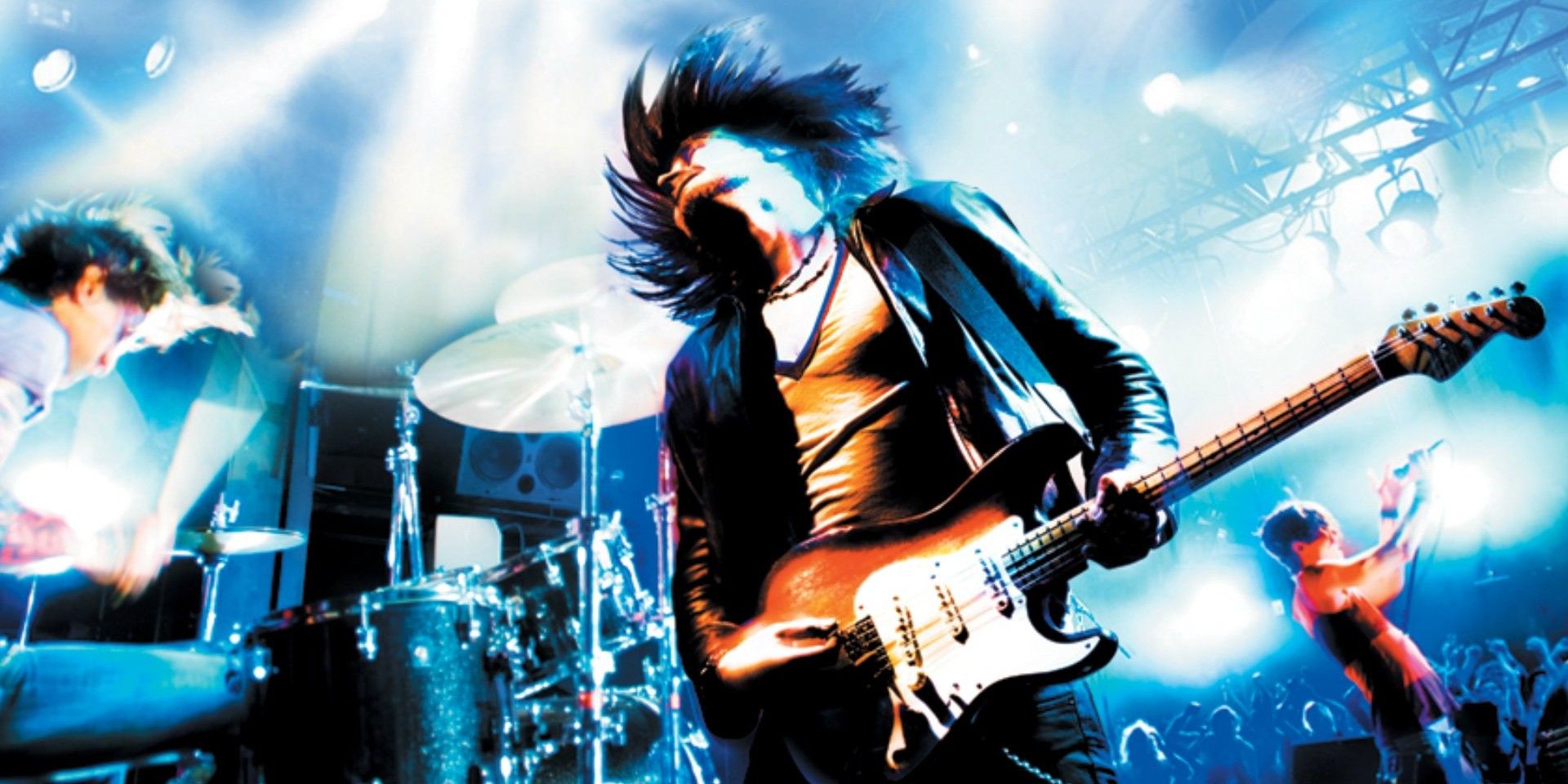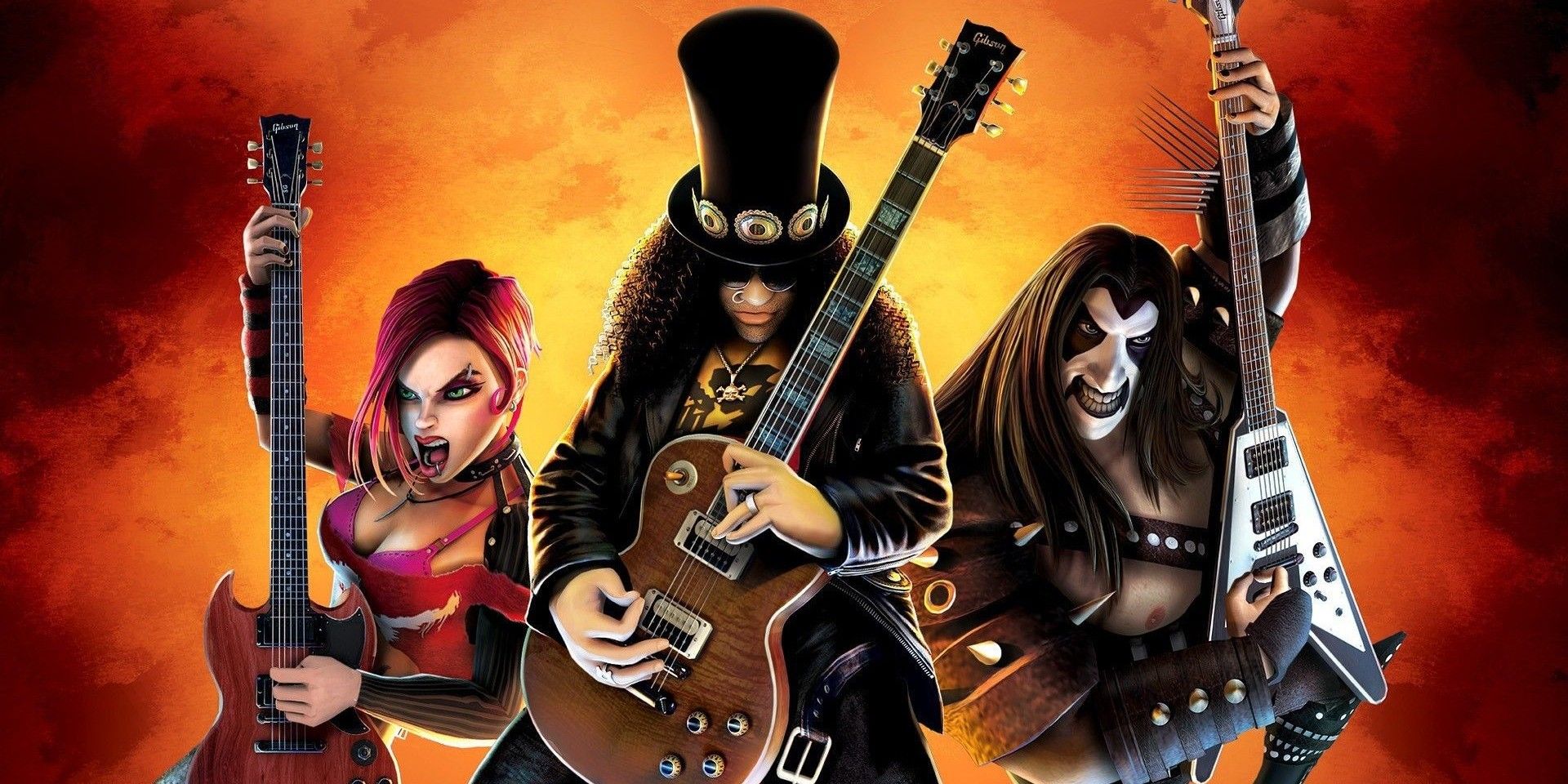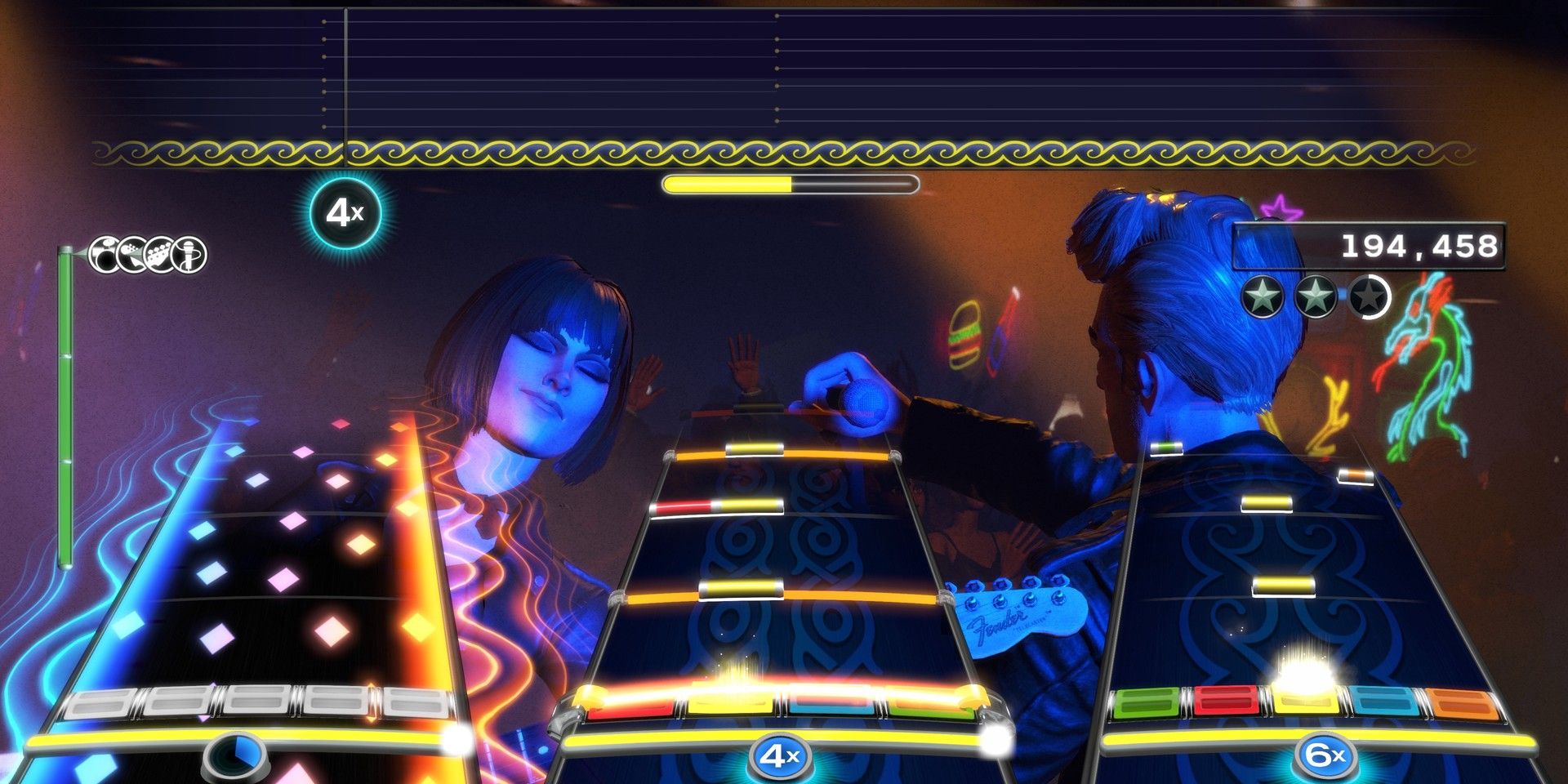Music rhythm games were everywhere in the mid-2000s. Games like Rock Band and Guitar Hero dominated the gaming charts, and even non-gamers enjoyed picking up a plastic guitar and virtually jamming out to their favorite songs. The music rhythm game craze swept across the nation, becoming the next big thing in video games.
However, Guitar Hero and Rock Band's reign at the top of the gaming world would fizzle out shortly after claiming the throne. What was once a national sensation quickly became a passing fad as sales of these games started declining. Gamers grew tired of the genre and moved on to the next video game trend.
The demise of music rhythm games can be traced back to a few contributing factors, the biggest being oversaturation. At one point, it seemed like a new Guitar Hero or Rock Band game was coming out every few weeks. Both Activision and EA released multiple expansions and sequels each year, overflowing the market. A new game or expansion would come out before players could finish the last one, leading many fans to stop keeping up with the series rather than purchasing a new game every few months.
Oversaturation often leads to a diminishing interest in a product. When people are constantly bombarded by an item, they eventually get sick of it. Both Guitar Hero and Rock Band were incredibly overhyped when the games were at their peak. Everywhere you would turn there would be a Guitar Hero advertisement or a store pushing the latest Rock Band game. Even long-time fans were getting tired of the hype.
This drove gamers to new products, such as the Call of Duty series, which grew in popularity around the time that music rhythm games began losing their appeal. The still-popular first-person shooter series ended up replacing Guitar Hero and Rock Band as the supreme leader of the video game world.
Also working against them is the fact that Rock Band and Guitar Hero are very simple games. Players must hit the notes at the right time in order to progress through the game. This simplicity is good for appealing to new fans, but it doesn't leave a lot of room for innovation. If a video game franchise wants to remain popular, it needs to bring something new and exciting to the table.
But while other long-running video game series add new elements to keep the franchise fresh, the Guitar Hero and Rock Band games could only add or change so much without losing their original premise. Both series grew stale after a handful of entries. Activision tried reviving Guitar Hero by adding a live performance element in the aptly named Guitar Hero Live in 2015, but it was too little too late. The music rhythm genre had already run its course, and fans had already moved on to new things.
One of the best ways a company can push a franchise's fanbase away is by milking the series. Music rhythm games are now close to extinct in part because oversaturation and lack of innovation killed both the Guitar Hero and Rock Band franchises. Some rhythm games have released since the hype surrounding the genre died off, but these failed to capture mainstream success. Many gamers still enjoy games like Guitar Hero, but the odds of the genre making a successful comeback are very slim. Game developers should look back on the Guitar Hero and Rock Band franchises and learn from its fall from grace.



